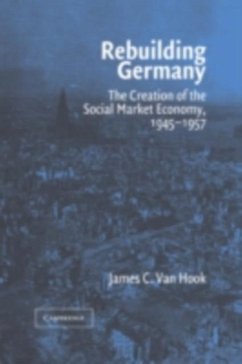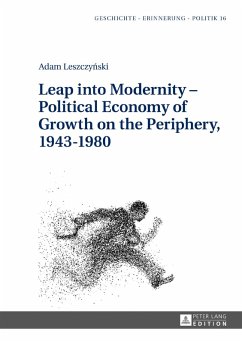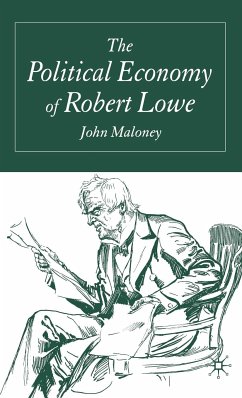
Political Economy of Germany under Chancellors Kohl and Schroder (eBook, PDF)
Decline of the German Model?

PAYBACK Punkte
12 °P sammeln!
While unification has undoubtedly had major effects on Germany's political economy, the pattern of current policy-making preferences was established at an earlier stage, in particular, at the beginning of the 'Kohl-era' in 1982. This essentially neo-liberal pattern can be seen to have dominated the modalities chosen to guide Germany through the process of unifi cation and was mirrored in developments in other OECD countries and in particular within the EU. This book demonstrates that the three policy imperatives (neo-liberal structural reform, European monetary integration, and unification) p...
While unification has undoubtedly had major effects on Germany's political economy, the pattern of current policy-making preferences was established at an earlier stage, in particular, at the beginning of the 'Kohl-era' in 1982. This essentially neo-liberal pattern can be seen to have dominated the modalities chosen to guide Germany through the process of unifi cation and was mirrored in developments in other OECD countries and in particular within the EU. This book demonstrates that the three policy imperatives (neo-liberal structural reform, European monetary integration, and unification) produced a policy-mix which, together with other structural economic and demographic factors, has had disappointing results in all three areas and hampered Germany's overall economic development.
Dieser Download kann aus rechtlichen Gründen nur mit Rechnungsadresse in A, D ausgeliefert werden.













